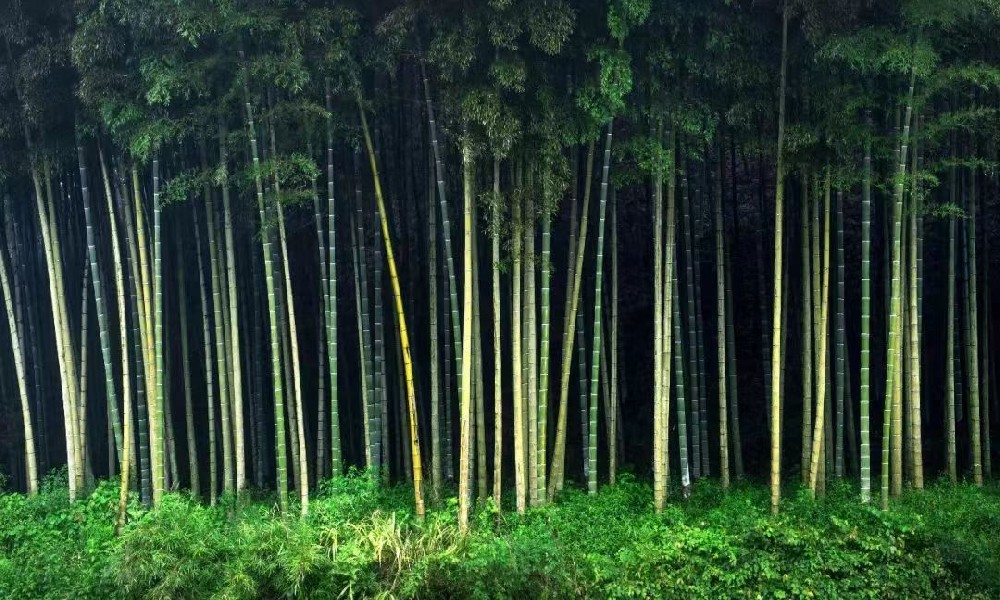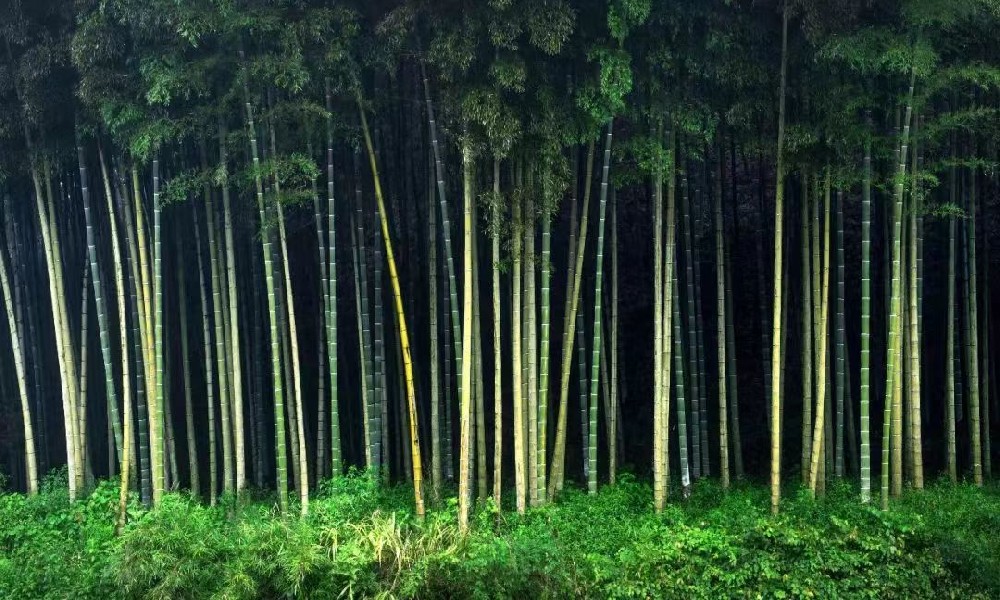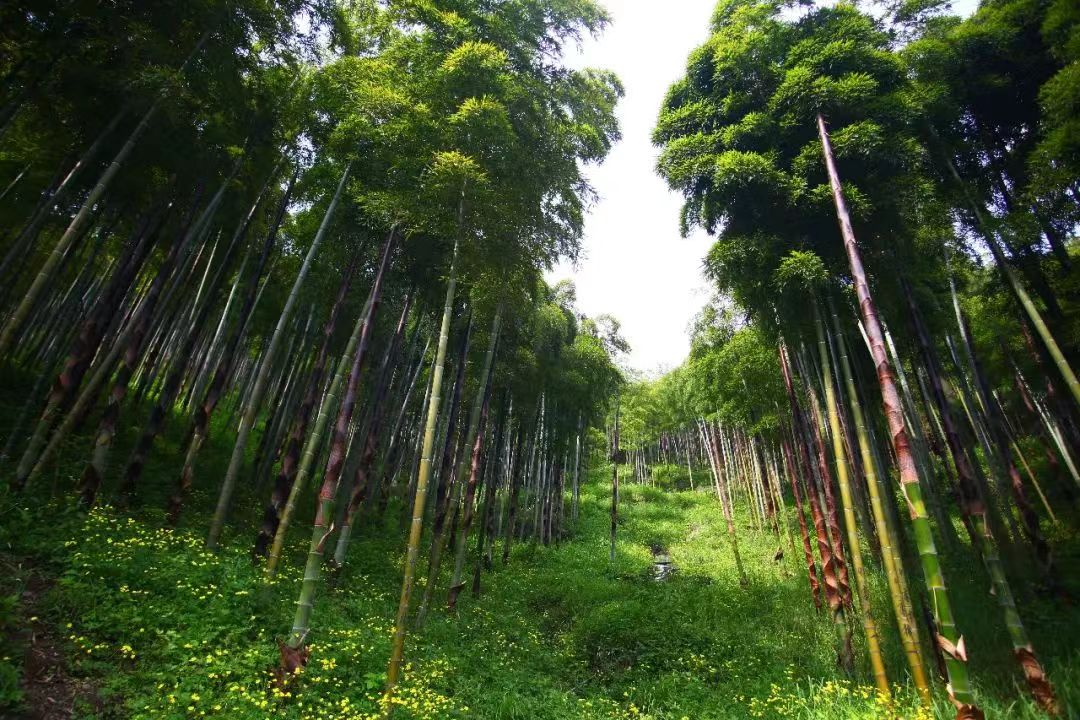
Why Does Bamboo Grow So Fast
- 20 Sep 2023
- Industry News
Bamboo is one of the fastest growing plants in the world. For example, the highest growth rate of bamboo can reach 114.5 cm per day.
Recently, Wei Qiang, a professor at the Bamboo Research Institute of Nanjing Forestry University, and several research teams from Cornell University, the International Bamboo and Rattan Center, published a research paper on "Plant Cell".
After nearly 8 years of continuous research, they clarified the cellular basis of the rapid growth of moso bamboo and its potential physiological and molecular regulation mechanisms. Revealed the synergistic mechanism of environmental factors-genes-bamboo internode growth, solved the mystery of the rapid growth of moso bamboo, and innovated the growth theory of bamboo.

Based on the analysis of 510 bamboo culms and 12,750 internode lengths of Phyllostachys moso population in 17 main producing areas of China, and combined with the analysis of high growth dynamics, we found that the 18th internode of phyllostachys moso from bottom to top is the representative internode of phyllostachys moso. During the rapid growth of moso bamboo, as many as 40 internodes are elongating to different degrees at the same time. In addition, the internode growth of Moso bamboo is modular growth, and the growing internodes include cell division zone (up to 2 cm), cell elongation zone (up to 12 cm) and secondary cell wall thickening zone. These growing areas can grow as fast as 11.8 centimeters per day, producing about 570 million cells and deposing large amounts of lignin and cellulose, far exceeding the vegetative growth rate of other plants.

The researchers believe that gibberellin may be the main hormone that directly induces the rapid growth of moso bamboo. The decrease of cytokinin and the accumulation of auxin are the potential physiological factors that induce cells in the division region to stop dividing and begin to grow. Abscisic acid and mechanical pressure can stimulate rapid thickening of secondary cell walls.
Differences in internode length among Moso bamboo populations may be a trade-off mediated by mechanical stress induced by rapid growth. And it may be jointly regulated by environmental temperature and genes related to cell division and elongation.
